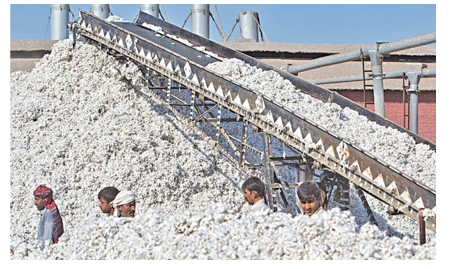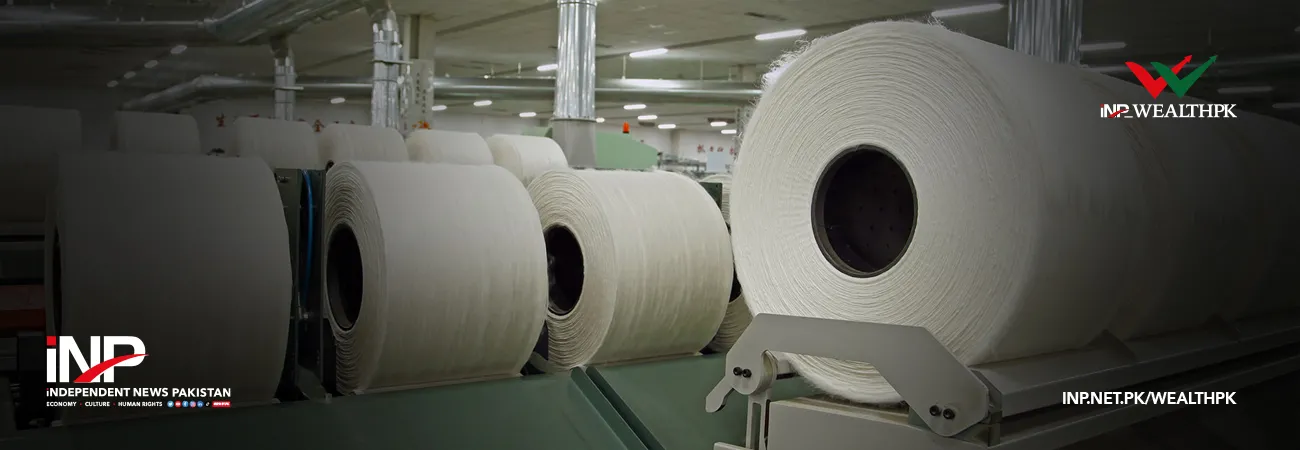INP-WealthPk
Ahmed Khan Malik
The cotton factories in Winder, Balochistan are up in arms over the high cost of production, caused by the inflated power bills, making it hard for them to survive in the long run, reports WealthPK.

These factories are a source of livelihood for the people of the area as well as cotton consumption produced in Winder and adjacent regions in the Lasbela district of the province. Balochistan has a very narrow industrial base compared to the other provinces. Hub district has a large industrial estate, while some industries are located in Gadani and Uthal areas. Quetta also has some industries, but these are mostly related to the processing of minerals. Winder is the cotton growing area from where cotton is supplied to the factories for processing and onward to the textile sector for spinning and other value-added products. The owners of these factories urge the government to look seriously into the issue of inflated electricity tariffs and rationalize them so that the cost of production may decrease. “There is much concern among the cotton factories due to the high electricity bills, as the high energy tariff is fast rendering these factories uncompetitive,” Gohram Khan, Secretary of the Cotton Factories Association, told WealthPK. He said the contracts signed with the independent power producers (IPPs) were the root cause of exorbitant power tariffs.
Capacity payments have crossed alarming levels, and this burden is being transferred to the consumers, including the cotton factories, which are already crumbling under the weight of high inflation. He appealed to the prime minister, finance minister and energy minister to immediately look into the matter and take urgent remedial measures in the larger interest of the factories. Talking to WealthPK, Rajab Baloch, a cotton factory owner in the area, urged the government to reconsider contracts with the IPPs in the greater interest of the economy, as high power tariffs had seriously affected the cotton factories’ operations. He noted that the textile sector was already grappling with unsustainable costs due to the elevated energy tariffs and warned that additional capacity charges imposed by the IPPs could force many industries to cease operations. He once again urged the government to lower the electricity and gas tariffs by immediately revisiting the agreements with the IPPs.
Credit: INP-WealthPk













